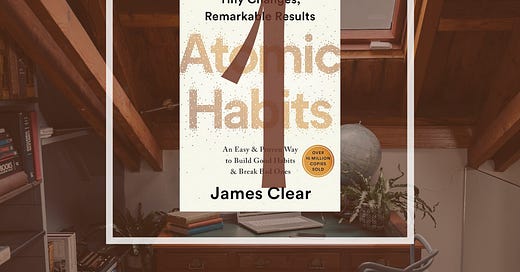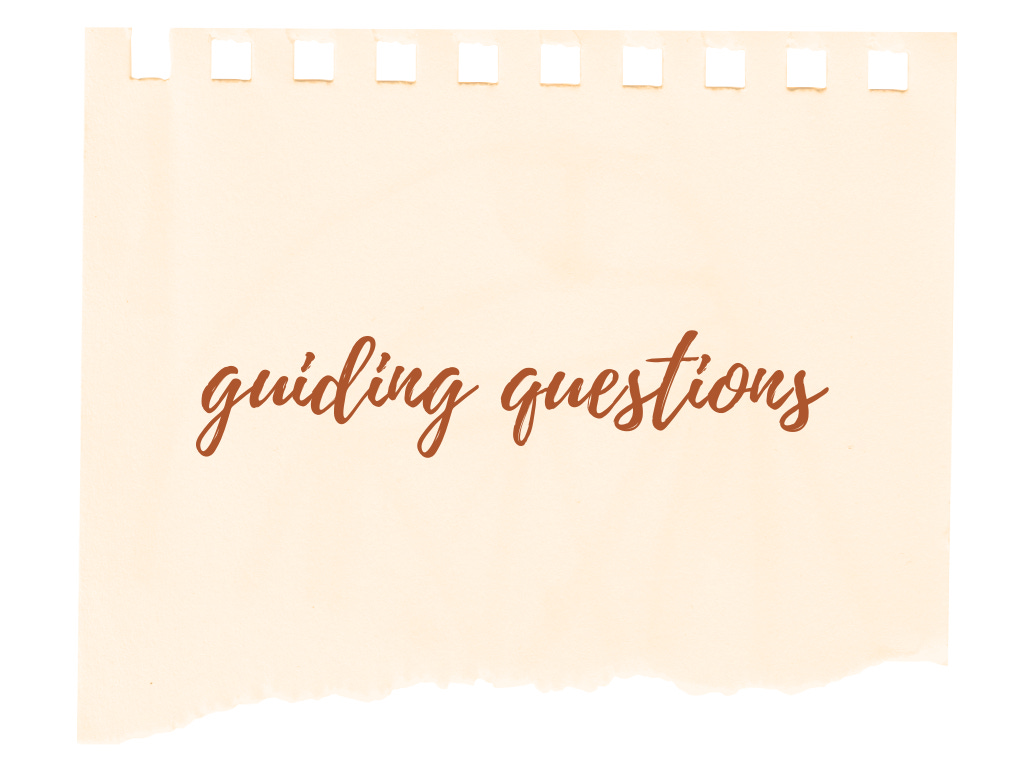I’m already changing the way I look at improving my writing habits. I’ve always hated goal-setting because I tend to care less about results than I do about approach. I don’t want to write “the best novel ever” and I don’t want to “hit the bestseller list.” Instead, I want to write with steadfast effort and attention, to apply the best methods, to infuse the most creativity. After reading the opening three chapters of Atomic Habits, I feel that sentiment even more.
Welcome to the first week of our Writers’ Book Club. The surprising approach introduced in the first three chapters of Atomic Habits suggests that in our quest to improve our habits as writers, we’ll focus less on goals than on systems and identity. What are your thoughts on that?
In Chapter 1 of Atomic Habits, James Clear urges us to “forget about goals” and “focus on systems instead.” Two reasons he gives in support of this approach resonated with me:
“Achieving a goal is only a momentary change.” I always thought publishing my first novel would make my happy—and it did! But immediately, merely publishing a novel wasn’t enough. What about seeing my novel on a “most anticipated” or “best of” list? What about an award? What about placement in more stores? Reaching a goal only feels good for a short time, even reaching as big a goal as publishing novel.
“Goals restrict your happiness.” Ultimately, we can’t control whether our work is published, whether it’s read, whether it’s rewarded. If we set a goal to achieve any of those things and don’t succeed, we risk forgetting about all of the things in life that truly bring us joy rather than a “momentary change.” We think only about our failure—at something that was never fully within our power to succeed at!
So I’m less interested in setting writing goals than in developing a better writing system—one that will honor my identity as a writer…
What kind of writer do you want to be? I’ve thought about this a lot. I used to think of myself as a YA science fiction writer. Those are the kinds of books I used to enjoy reading most, and those were the books I wrote and published.
But during the lockdown days of covid, I noticed my reading and writing interests had started to change. Odd as it may sound, I felt a little panicked. What if I wanted to write something other than YA SF? After some painful consideration, I realized that it made less sense to label myself by genre or category, and more sense to see my identity more broadly.
At first, I thought I could do that by considering the broader patterns in my writing. I’m a suspense writer. I’m an experimental writer. I’m a thinky, puzzley writer. But while these are helpful ways to label books, they’re strange ways to label a writer.
Really, I’m a dedicated, generous, truthful storyteller. Dedicated because I commit to honing my craft and spending time and attention on my stories. Generous because I use all of my skills without holding back, and because I help other writers and connect with readers. Truthful because I express my creativity in ways that resonate with my personality and beliefs rather than what I think others want to read, publish, or purchase.
It still makes sense for me to think about what kinds of stories I prefer to write! I’ve noticed that I enjoy strange stories (science fiction, fantasy, surrealism, experimental, etc.), suspenseful stories, and puzzling stories. But this could change! And that would be okay—I’ll still hold true to my identity as a writer.
When I look at my identity as a writer and compare it to my habits as a writer, I see a gap. If I’m a diligent writer, why am I not more faithful to starting my writing time when I mean to? Why is my attention elsewhere (on my phone!) while I write? If I’m a generous writer, why don’t I always write to the best of my ability? Why do I focus on getting the work done rather than pushing myself to do better work than I might think myself capable of? If I’m a truthful writer, why do I spend so much time thinking about whether my story will attract good reviews, awards, and readers?
I’m looking to close these gaps with better habits. Which gaps are you hoping to close between your identity and your approach to writing?
Based on these opening chapters of Atomic Habits, here are some questions I’m asking myself, and ones you can also ask yourself:
What goals have I been working toward as a writer, knowingly or not?
How much control do I have over these goals?
What is my true identity as a writer?
Where do my writing habits not match with this identity?
Week 2 of Writers' Book Club: Atomic Habits
Inspiration always strikes on Sundays. That’s true for me, anyway, and here’s why: I never allow myself to write on Sundays. My brain knows this, so of course the one day I always want to write is on Sundays. If you ever see me on a Sunday, I’m spacey and glitter-eyed, and that’s because my mind is swimming in ideas, blissed out on the fact that I don’t…
Announcing: The 100-Word Challenge
The first hundred words of any given writing session are always the hardest for me to write. Some days, it feels impossible to start.
Parker Peevyhouse is the author of Strange Exit and The Echo Room (Tor Teen), which have been called “compulsively readable” and "thrilling" in starred reviews, and Where Futures End (Penguin), which was named a Best Book by the New York Public Library, the Chicago Public Library, and Bank Street.
Find Parker’s writing resources, including her popular digital workbook courses, on her website.













Thank you so much for sharing this! I think you presented the information in such a clean way with a very clear, appealing design too.
The topic of goal-setting is especially popular at this time of year, and there is a lot of content that looks at the ineffective or potentially misleading side of goal-setting. I wonder if goals sometimes get a bad reputation because they're not always set realistically—or, as you pointed out from the book, it might amount to a moment that makes one feel like it’s not enough. That is so important to keep in mind too when assessing whether we really want something.
I do think there is hope for goals. I've been a natural goal-setter since high school and I'm constantly setting and hopefully achieving these goals. I think a lot of it lies in the goal's design as well as the system put in place to help support that goal, along with motivation. When designed well, a goal can help someone fulfill something they dream of.
I REALLY like that exercise where you identified gaps! I'm interested in doing that exercise too. I think I'll take a closer look at the questions you posed when I explore writing exercises in my new notebook. I also see the effectiveness of your idea to define your writer identity rather than focusing on identifying/labelling the types of stories you write (I've got to read your books! I love YA, fantasy, suspense and sci-fi. My novel In Your Dreams that I hope to publish soon is YA sci-fi).
Again, thank you for taking the time to share these learnings and for presenting them in such an organized, helpful way. I appreciate it and look forward to learning more!